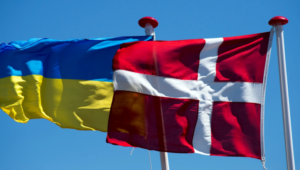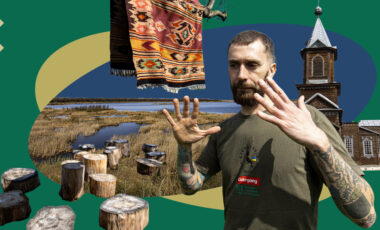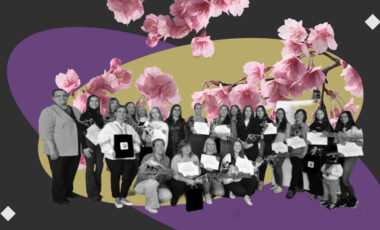Ukrainian civilian prisoners and their families hardly know their rights – activists
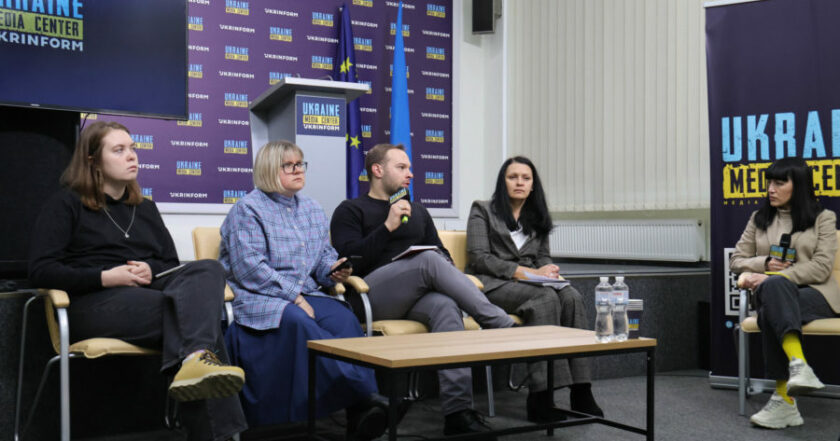
Families of civilian hostages taken by Russia, as well as those released from captivity, lack sufficient knowledge about all the rights and guarantees provided by the state. According to human rights activists, this is a result of the imperfect law on the social and legal protection of civilian hostages and their families.
What's the problem?
Since 2014, Russia has been kidnapping and persecuting civilians in the occupied territories of Ukraine, as well as Ukrainian citizens on the territory of the Russian Federation. Ukrainians were detained for months and years, and they and their families were left alone with this problem — the state had neither an effective mechanism for release nor an effective support program for families.
According to Tetiana Katrychenko, the executive director of the Media Initiative for Human Rights (MIHR), it's only been a year since the law on social and legal protection came into effect for those who were deprived of freedom due to armed aggression against Ukraine — military prisoners and civilian hostages and their families.
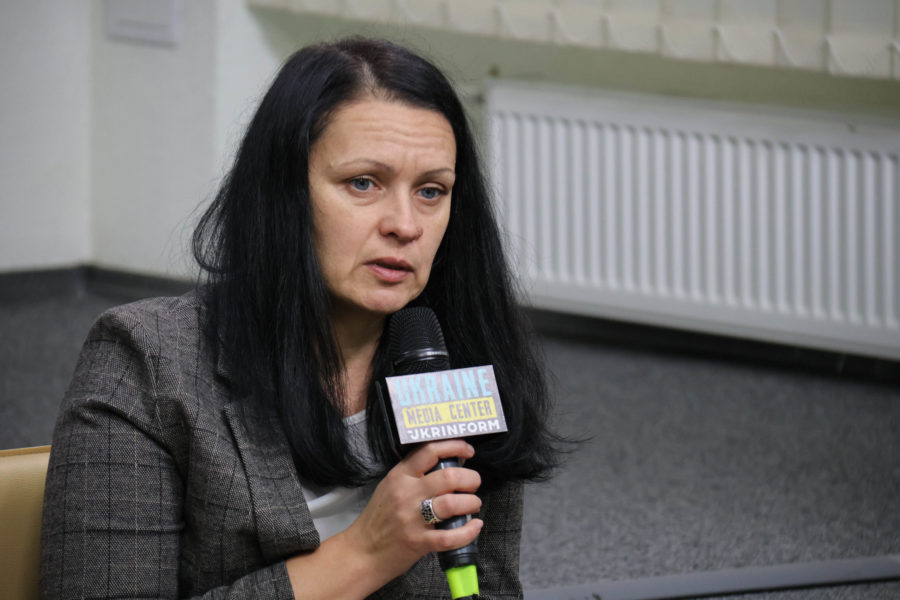
Photo: Tetiana Katrychenko
Katrychenko explained that since the start of Russia's full-scale war, the number of detained Ukrainian citizens has increased.
"If as of February 24, 2022, there were 301 names on the Security Service of Ukraine (SBU) list, now there are over 1300 names in the MIHR lists. In reality, the number of detained or abducted people could be 3-4 times higher — we cannot provide an exact figure due to the ongoing occupation and daily detentions," Katrychenko commented.
Moreover, according to the Crimean Human Rights Group (CHRG), Russia is holding at least 180 Ukrainian citizens imprisoned in occupied Crimea for political reasons.
According to the law, civilian hostages and their families are entitled to annual and one-time financial assistance, medical rehabilitation, legal aid payment, temporary accommodation, educational benefits, and more. The job position of a person taken by Russia should also be preserved. However, these guarantees can only be obtained after the commission formed by the Ministry of Reintegration confirms the fact of deprivation of liberty.
According to Aliona Luniova, the director of advocacy at the ZMINA Human Rights Center, the provisions of the law are not fully implemented in practice.
"Although the families of hostages we spoke to and human rights organizations generally view the law positively, there are several problems. Many families do not understand how the Commission, which operates under the Ministry of Reintegration and establishes the fact of deprivation of liberty due to the war, works. The commission makes decisions in a closed regime and communicates little with people, leading to distrust among the families of hostages," Luniova commented.
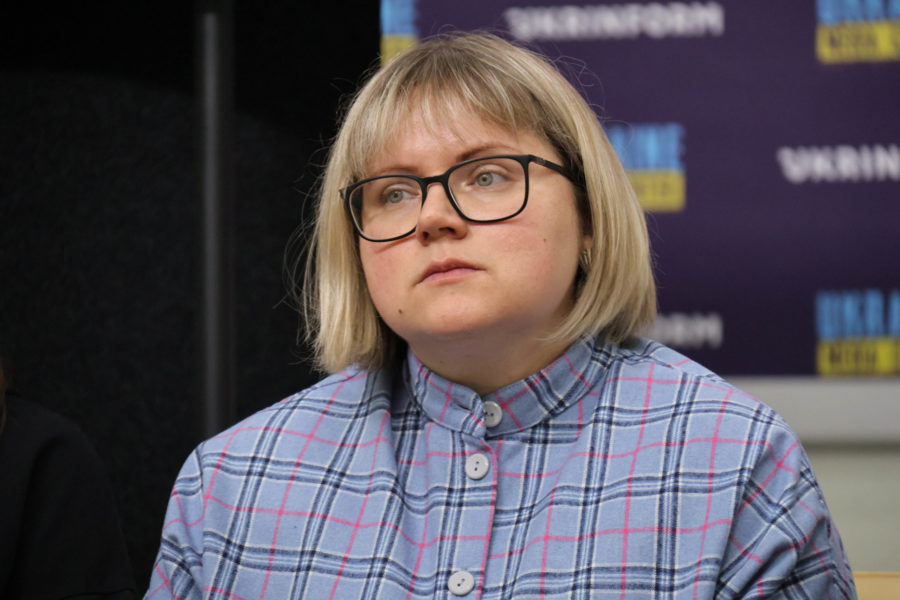
Photo: Aliona Luniova
Among other problems highlighted by human rights activists, relatives of civilian hostages practically do not know about and do not use forms of support from the state other than financial.
Anastasia Kalinina, a lawyer from CrimeaSOS, also pointed out that there is insufficient state funding to cover professional legal assistance. Currently, the maximum compensation amount is ₴53,680, while the cost of services of lawyers working in the occupation or defending Ukrainians in Russia is calculated in hundreds and thousands of dollars.
Also, according to the law, the state should provide temporary housing because affected people often move out of the occupied territories.
"Volunteers or acquaintances of affected individuals often help with housing. But state authorities have not responded to us about whether they provide comprehensive assistance," said Anastasia Kalinina.
When human rights activists made inquiries to various agencies that should provide assistance under the law, not all of them provided clear information on the number of appeals from people, types and quantities of assistance, etc. Kalinina said it seemed that no government agency was tracking how the law on civilian hostages and their families was working and what guarantees it provided.
What's the solution?
Human rights activists stressed that the state needs to identify a specific body that would work with civilian hostages and monitor the effectiveness of state aid.
In addition, the commission, which determines the fact of captivity, should start working transparently and make decisions in an open regime so that families of civilian hostages are aware of it.
Very importantly, as Aliona Lunova pointed out, the state should actively inform families of hostages and those released about their rights and guarantees. According to human rights activist Lunova, state agencies and civil organizations need to plan and conduct a joint information campaign targeting the relevant audience.
Human rights activists also believe that the state should introduce procedures to select representatives of civil organizations to participate in the commission's work.
How does it work?
According to human rights activists, such decisions by the state will allow the effective and complete execution of the law on the social and legal protection of hostages and their families in practice. These actions will be crucial for the thousands of Ukrainian hostages and their families so that people feel the support of the state and are not forced to independently deal with these problems.
Moreover, transparency in the state policy about civilian hostages will allow human rights activists to monitor how effectively the state is helping the affected individuals and to respond promptly to shortcomings.




